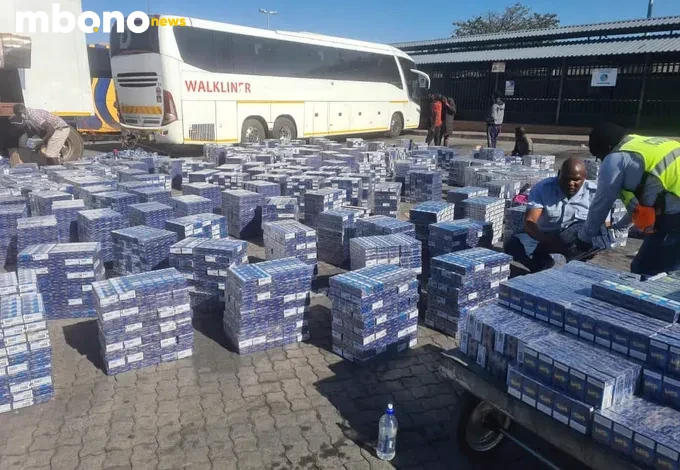Criminal networks, corrupt elites, and financial trickery are draining South Africa’s economy of a staggering R100 billion (approximately $3.5 billion) every year through Illicit Financial Flows (IFFs) — one of the country’s most devastating economic leaks.
This loss, experts warn, severely undermines development, public services, and infrastructure, while deepening inequality and poverty across the country.
What Are Illicit Financial Flows?
Illicit financial flows refer to money illegally earned, transferred, or used — often moved across borders to dodge taxes, launder profits, or fund criminal activities. These include:
- Trade misinvoicing
- Tax evasion and avoidance
- Corruption and embezzlement
- Illegal profit shifting by multinational corporations
“It’s economic theft at a grand scale,” says an anti-corruption analyst. “This isn’t just money disappearing — it’s hospitals, schools, and jobs that never materialize.”
A System Rigged Against the Public
South Africa’s complex economic system, combined with weak enforcement, opaque financial structures, and global loopholes, makes it vulnerable to these hidden flows of capital.
Recent findings highlight how corporate misconduct and criminal syndicates exploit international banking systems, tax havens, and shell companies to quietly siphon billions out of the country.
The Human Cost
The consequences are felt most by ordinary South Africans, who bear the brunt of underfunded public services, stalled infrastructure, and rising inequality.
“Every rand stolen through IFFs is a rand stolen from a student, a clinic, or a clean water project,” said a government spokesperson.
Calls for Crackdown
Advocacy groups and watchdogs are urging the government to:
- Strengthen financial intelligence units
- Demand transparency from multinational corporations
- Close tax loopholes and enforce penalties
- Improve coordination between revenue authorities and law enforcement
Looking Forward
As global pressure mounts to curb cross-border financial crime, South Africa must take bolder steps to recover lost revenue and restore trust in its economic system.
“This isn’t just a fiscal crisis — it’s a matter of national sovereignty and justice.”
